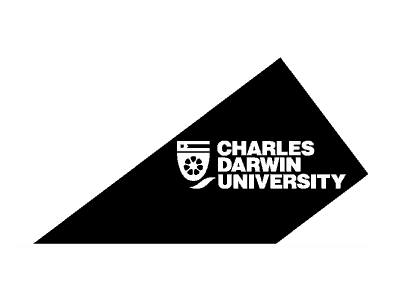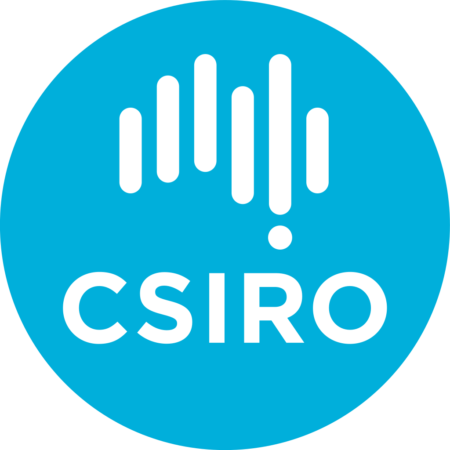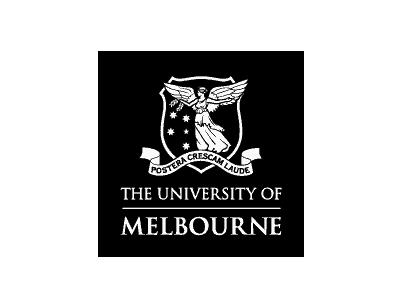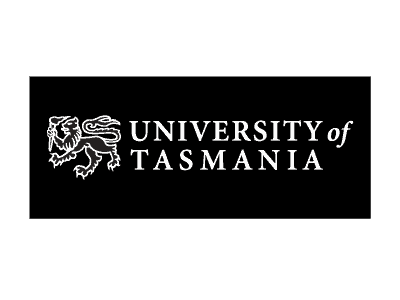Who we are
The Australian Council Graduate Research (ACGR) is the peak body for graduate research in Australia’s higher education sector. We support and represent Deans of graduate research or equivalent from all Australian universities offering Higher Degree by Research (HDR) programs.
Founded in 1997 ACGR plays a leading role in promoting and supporting excellence in research and research training nationally, positioning graduate research as a key contributor to the prosperity of the nation into the future.
What we do
Through our programs and advocacy, we support the development of the Australia’s research ecosystem and research workforce. We engage and consult with stakeholders to advocate for excellence in research training and scholarship, and high standards for all higher degree by research programs.
In support of our members, we engage with the government on reviews of research training and other government policy matters, convene fora on key strategic graduate research related matters, run an annual award program for excellence in graduate research, develop evidence-based reports, host networking and professional development opportunities for the graduate research community, advise on best practice, and collaborate with national and international stakeholders to advance key graduate research related matters and initiatives.




































